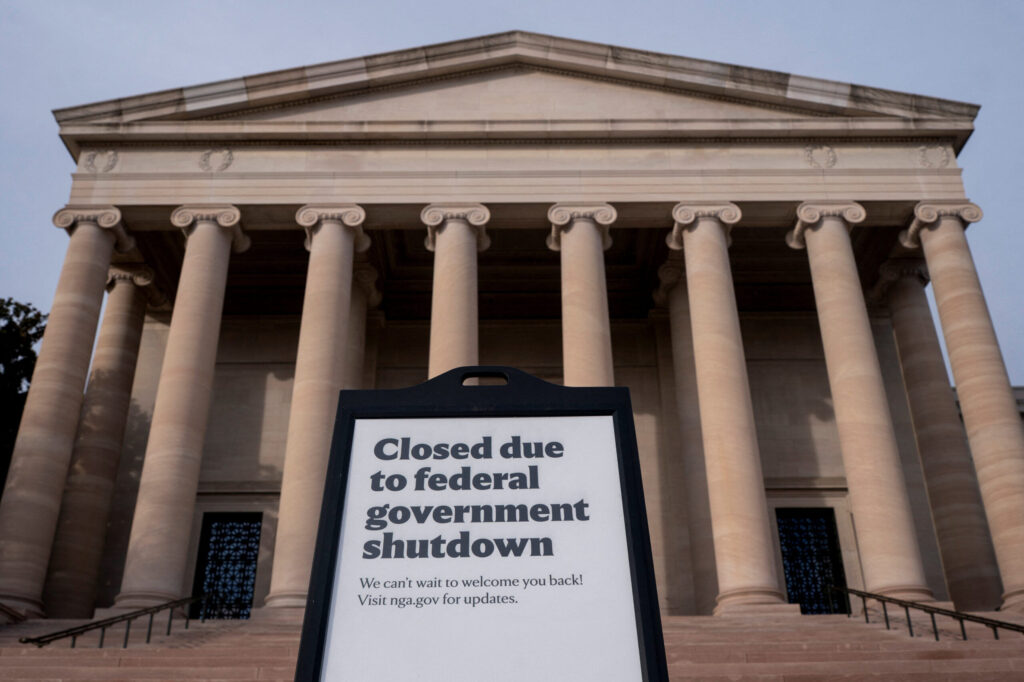Aurora committee OKs ordinance sending domestic violence cases to county courts
The public safety committee of the Aurora City Council voted on Thursday morning to move forward with a proposal to remove domestic violence cases from municipal court and instead pass them to state, county or federal court.
The proposed ordinance, presented on Thursday by councilmembers Dustin Zvonek and Danielle Jurinsky to the Public Safety, Courts and Civil Service Policy Committee, says the municipal court “may not hear domestic violence cases,” adding that domestic violence cases should instead be filed in the appropriate county, state or federal court.
The committee moved the proposal forward to a future study session.
In Colorado, Aurora is one of four municipalities — the other three are Lakewood, Westminster and Denver — that handles domestic violence cases.
Aurora’s municipal court has been handling domestic violence since it began, with reported increases in domestic violence cited as part of the reason for the court’s creation. The rationale is that municipal court could handle them more quickly than state or county court, according to a 2021 review of Aurora’s public defense system from the National Legal Aid and Defender Association.
However, proponents of the ordinance said this costs taxpayers more than necessary and moving these cases to county courts instead would save the city money and resources.
“It requires us to have more judges, it requires us to have more prosecutors, it requires us to have more public defenders, more support staff,” Zvonek said.
The ordinance and debate around it are tangentially related to a contentious issue that has been going on in the city for months about whether the city should contract out for indigent defense or keep its in-house public defender’s office.
One argument against contracting out indigent defense is that Aurora handles domestic violence cases, making it an outlier among municipalities. And, under that argument, an in-house public defender’s office is necessary.
Domestic violence cases make up a large portion of the public defender’s office workload. The city prosecutes about 1,600 domestic violence cases each year, with a good portion of those going to trial with public defender representation, the review said.
Aurora’s public defenders handled over 4,000 cases in total in 2023. With a public defender’s budget of $2.2 million, that comes out to $550 per case.
In pushing for the request for proposal, councilmembers said they wanted to know if the move would save the city money. They argued that privatizing the service would not end access to a public defender for those who qualify, but it would likely cost less.
The push to determine if Aurora could save money by contracting out for indigent defense services ended in February when a request for proposals came up empty.
At the time, Zvonek told The Denver Gazette that he would “move on,” but the issue arose again in early April, when Jurinsky threatened during a committee meeting to pursue an ordinance that would stop the city from prosecuting domestic violence cases if legislation at the Colorado state Capitol about indigent defense contracts gets passed.
She was referring to House Bill 24-1437, which passed the Colorado Senate in early May and requires cities that prosecute domestic violence cases to pay contractors hourly at the same or higher rate that the state pays for its services. Rep. Mike Weissman, D-Aurora, sponsored the bill.
It bans such cities from using flat-fee contracts for indigent defense.
Zvonek said Thursday that he worries this legislation is an attempt to strip local government control, saying that, even though, they are not contracting out for indigent defense, the legislation is worrisome.
“(Contracted indigent defense) is something that we had explored and, while we’re not actively doing it, my concern is that the legislature is trying to hamstring local governments and our ability to control costs,” Zvonek said.
Jurinsky said it’s “not even up for conversation” and that, regardless of legislation, removing the city’s purview over domestic violence cases is necessary.
“I support this wholeheartedly, regardless of where the legislation goes,” Jurinsky said. “I don’t care what happens with the legislation. I think this is exactly what should happen anyways, and I think that all domestic violence cases should go straight to the county to begin with.”
Zvonek said the ordinance wouldn’t just “turn off” domestic violence cases being handled in Aurora, since there are ongoing cases, but that it would be more of a process. He suggested putting together a companion resolution to create a group that would determine how that process would go.
“We want to do that in a way that’s respectful of all of the victims that are in the process already,” Zvonek said.










